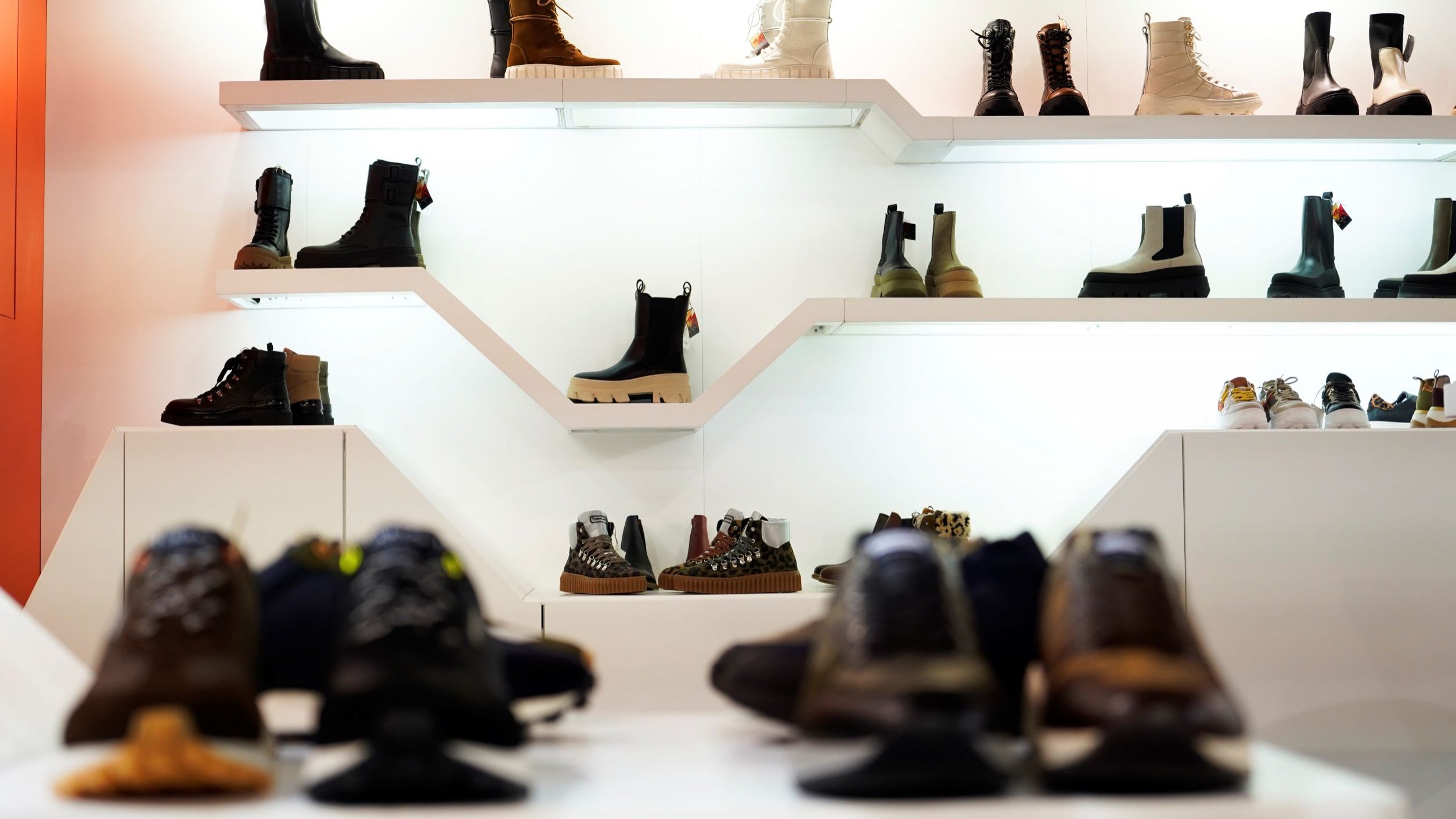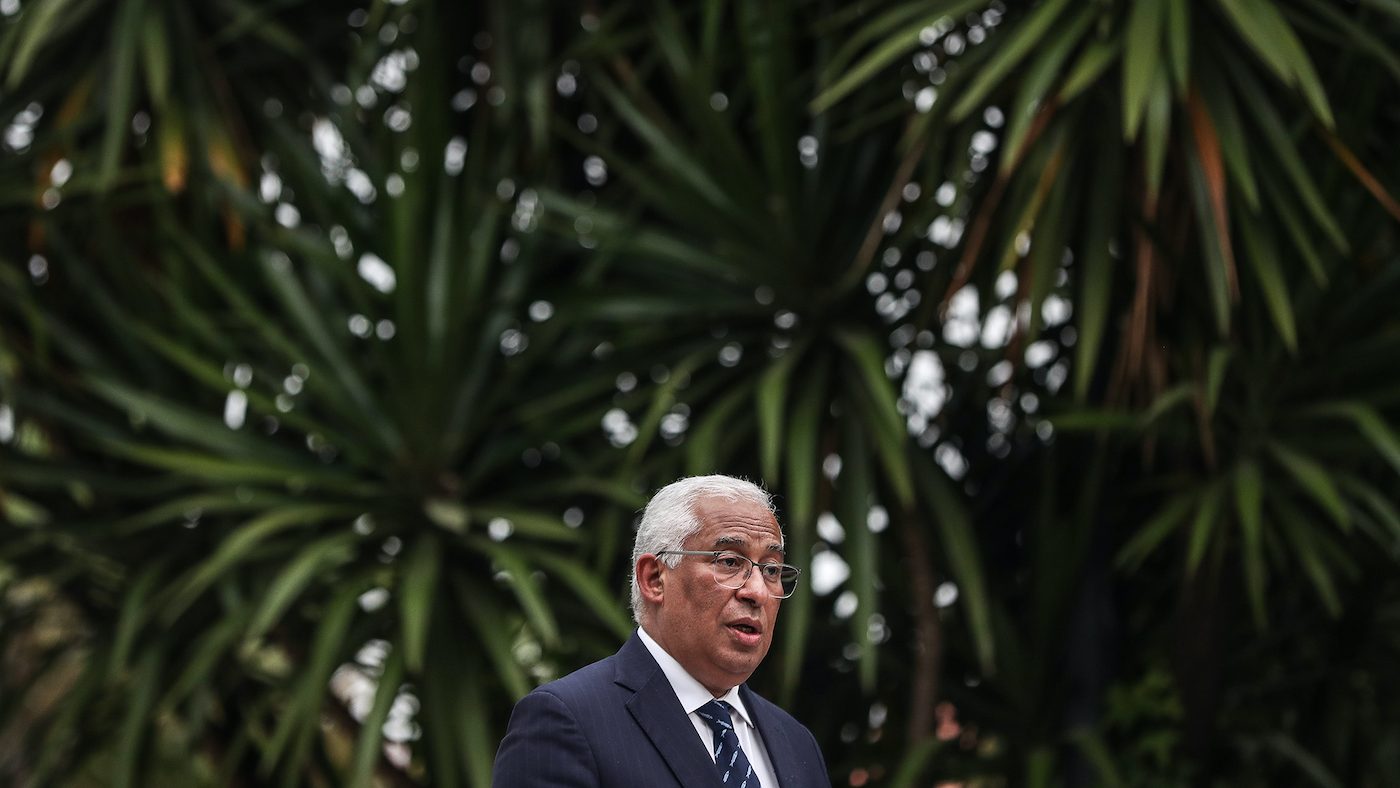Leather industry fears impact of inflation on footwear sales
The footwear sector is the main recipient of the sector's production, with a share of about 50%, but the national tanning industry also supplies sectors such as furniture and transport.
A record delegation of 35 Portuguese companies arrived in Milan on Tuesday for the most important international fair of leather, accessories and footwear components, excited with the increased business post-pandemic, but now fear the impact of the inflationary crisis.
“The war and the inflationary pressure it brought are generating an increase in the food and housing bill and, as these are the priorities in the management of family income, what is left for the consumption of the articles we sell is what is left of the family budget,” explained the secretary-general of the Portuguese Association of Leather Manufacturers (APIC), speaking to journalists on the sidelines of the 100th edition of Lineapelle.
Noting that, “unlike what happened in the pandemic, in which people managed to roughly maintain their incomes with the furlough measures, now income is being eroded by inflation,” Gonçalo Santos said that the industry’s “main concern” was “a demand crisis because people don’t have enough income” to channel to non-essential goods such as footwear or leather goods, which are the sector’s main customers.
“And if our members have no way of disposing of their product, they will naturally have a lower demand for the materials,” he said.
After a “slight drop” in 2020 due to the pandemic, the company Multicouro from São João da Madeira said that “business is very good” this year, “with new customers and with an increase in sales”, which are already about 20% above 2019 levels.
A result achieved “from hard work and the search for new customers”. The general director of the tanning company, Rudolfo Andrade, said “the direct contact with the brands was fundamental” as was “the presentation of new products and new collections twice a year”.
With the Portuguese footwear industry as the main customer, absorbing 95% of its production, Multicouro admits some apprehension about the effects of falling income resulting from the escalating inflation and the devaluation of the euro against the dollar.
“The outlook is unclear. We don’t have a clear idea yet. It is true that inflation is affecting us. What’s more, the devaluation of the euro, which since the start of the year has fallen around 20%, means that for us, who import a large part of the raw materials we end up with, the cost price will increase by 20%.
This increase “will be translated in the selling price of the final product”, and “as footwear and leather goods are a non-essential good, of which everyone always has more than one, two or three pairs at home, this may be a sector that will suffer”, impacting then the upstream tanneries he explained.
To try to counter this scenario, and because “this crisis is more European than global”, Multicouro has “looked very hard at the extra-European market”, focusing on countries such as Korea and China, in Asia, Brazil, South America, the USA and Canada.
“We still do not feel much concern from our clients outside the European Union, and this has been a clear bet in recent years,” stressed Rudolfo Andrade.
Curtumes Ibéria, a tannery manufacturer in Alcanena, said “business is going well” after the “quite difficult years” of the pandemic (in which the losses reached 25/30%), and sales now exceed 2019. Still, the outlook is “conservative”, not least because, in the opinion of the company’s president, the support measures the government announced last week “are not at all effective” nor “what companies need”.
“Companies at this moment do not need credit. They need help to pay for energy,” César Rosa told Lusa.
Specifically, the businessman said that reducing VAT on energy would “improve the lives of companies” and make “everything easier”. A cross-cutting reduction in corporate income tax, as admitted by the minister of economy, António Costa Silva, would also be welcome, but “energy was where the government should attack the most”.
“The costs do not stop rising and, unfortunately, our customers do not pay what they are increasing, and credits will not solve everything. The government has to do more,” he complained.
With inflation reducing families’ disposable income to buy essential goods, César Rosa anticipates a “somewhat complicated” future, considering that “it won’t be easy for businesses or people”.
“I foresee a decrease in everything next year, not just fur and shoes. I think the whole economy will suffer a slowdown because of inflation and higher interest rates,” he said.
The Portuguese tanning industry – which until Thursday is represented by 22 companies in Lineapelle, joined by 13 more national companies of footwear components – invoices an annual average of 410 million euros and employs directly and indirectly about 3,500 workers.
According to the secretary general of APIC, after a 30% drop due to the pandemic, the sector has already exceeded the turnover of 2019, although with a year-on-year growth “still very incipient, from 3% to 5%” in the first half of this year, highlighting Italy, Spain, France, UK and Hong Kong as the largest export markets.
The footwear sector is the main recipient of the sector’s production, with a share of about 50%, but the national tanning industry also supplies sectors such as furniture and transport.


